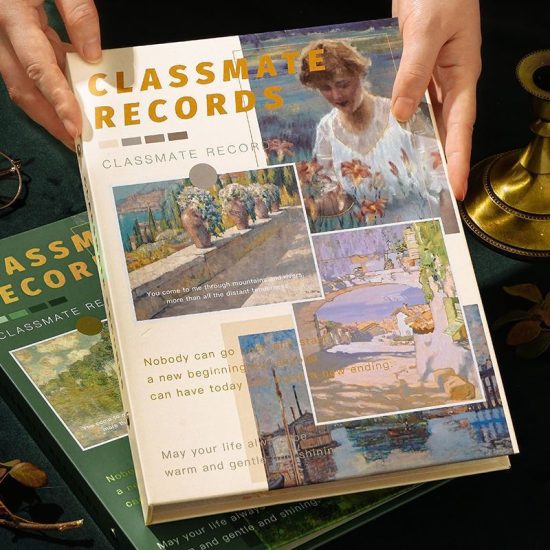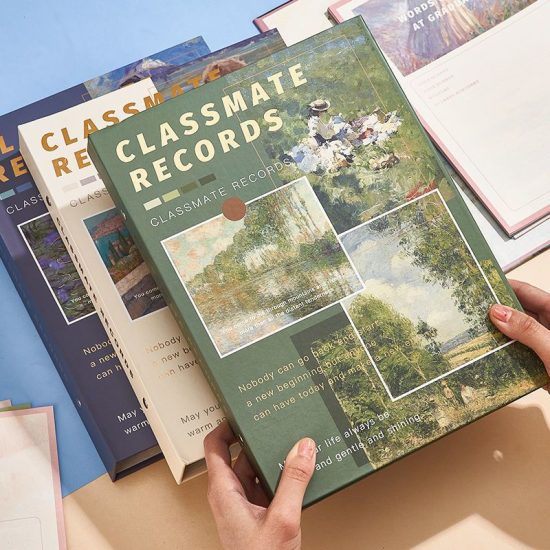Notebooks are essential tools for students to stay organized, take effective notes, and facilitate learning. Here are some effective strategies for using notebooks as a student:
- Stay Organized:
- Use dividers or tabs to separate different subjects or classes in your notebook.
- Reserve the first few pages for an index or table of contents to easily locate specific topics or notes.
- Date your notes and assignments to track timelines and deadlines.
- Note-Taking Techniques:
- Choose a note-taking method that works for you, such as the Cornell method, outline method, or mind mapping.
- Develop a shorthand system to quickly jot down key points during lectures or while reading.
- Use headings, bullet points, and numbering to organize information and create visual hierarchy.
- Active Engagement:
- Actively participate in class discussions and lectures to enhance your understanding and retention of the material.
- Take notes in your own words, summarizing information and rephrasing concepts to ensure comprehension.
- Ask questions and seek clarification when needed, and write down any additional insights or explanations provided by the instructor.
- Highlight and Annotate:
- Use highlighters or colored pens to emphasize important information, key concepts, or definitions.
- Make annotations in the margins of your notes, summarizing or adding explanations to help you review the material later.
- Review and Consolidate:
- Regularly review your notes to reinforce your understanding and help with long-term retention.
- Summarize and consolidate information from multiple sources or lectures into concise study guides or review sheets.
- Use your notebook as a resource for exam preparation, revisiting key concepts, and testing your knowledge.
- Visual Aids and Diagrams:
- Incorporate visual aids, diagrams, or charts in your notebook to enhance understanding and make complex information more accessible.
- Draw concept maps, flowcharts, or graphs to illustrate relationships and connections between different topics or ideas.
- Reflect and Self-Assess:
- Reserve space in your notebook for reflections, self-assessment, or personal insights related to your studies.
- Evaluate your progress, strengths, and areas for improvement. Set goals and track your progress toward achieving them.
- Personalize and Make it Engaging:
- Use colored pens, stickers, or drawings to make your notebook visually appealing and engaging.
- Incorporate inspirational quotes or motivational messages to keep yourself motivated and focused on your academic goals.
- Supplement with Additional Resources:
- Use your notebook as a central hub for your learning but don’t limit yourself to it alone. Supplement your notes with textbooks, online resources, and supplementary materials to gain a comprehensive understanding of the subject.
- Take Care of Your Notebook:
- Keep your notebook well-organized, clean, and easily accessible.
- Regularly back up your digital notes if you use an electronic notebook or digital note-taking app.
Remember, finding a note-taking system and organizational style that suits you is key. Experiment with different strategies and adapt them to your specific learning style and needs. Your notebook is a valuable tool for academic success, so make the most of it by implementing these effective strategies.


